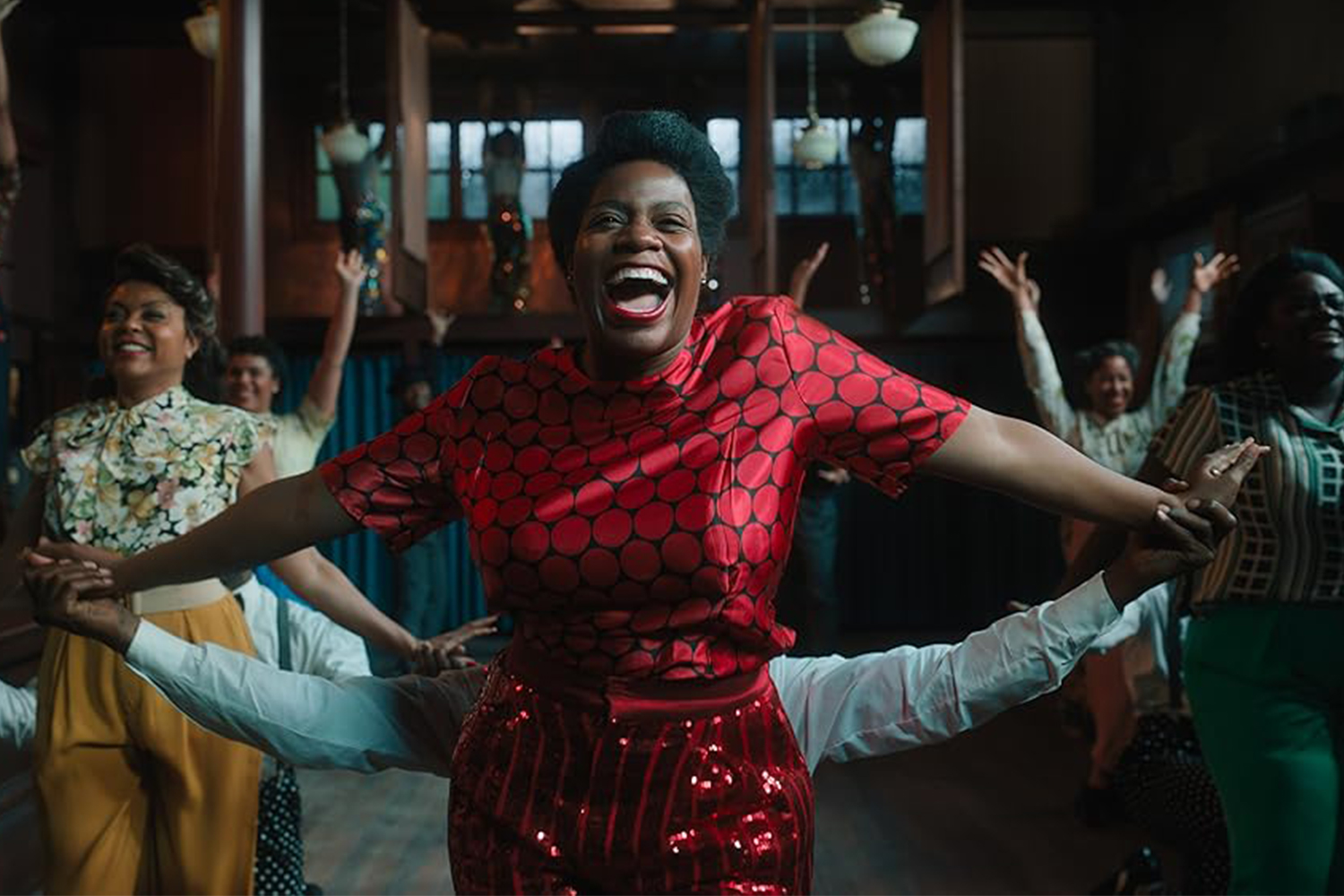Hollywood sent some of its biggest names to movie theaters on Christmas Day, but neither Adam Driver (Ferrari) nor George Clooney (The Boys in the Boat) could beat The Color Purple. On December 25, the latter movie not only won the holiday box office with ticket sales surpassing $18 million, but it “outperformed expectations,” scoring “the largest Christmas Day opening for a film since 2009, and the second-biggest Christmas Day opening of all time,” according to Variety.
That’s despite the fact that The Color Purple is a musical. Specifically, the movie, starring Fantasia Barrino and Halle Bailey and featuring high-profile producers like Oprah Winfrey and Steven Spielberg, is based on a stage musical derived from the Pulitzer Prize-winning novel by Alice Walker (you may also remember Spielberg’s own non-musical film from 1985). Variety made note of the surprise success of the film’s song-and-dance structure, stating that this “marks the first musical in some time that’s resonated at the box office.”
Our Favorite Movies of 2023
From small indies to big-budget fare and, yes, Barbenheimer, these were the movies that stuck with usPart of The Color Purple’s appeal, no doubt, is that its story of a young Black woman in the early 20th century overcoming seemingly insurmountable obstacles is timeless. (And the musical specifically is critically acclaimed, with the stage version winning one Tony Award during its original Broadway run in 2005 and two during its 2015 revival.) But another part of its success in this iteration, where people flocked to theaters to see it on Christmas Day, can be attributed to a tactic that many in Hollywood don’t seem to understand: it didn’t hide the fact that it’s a musical.
If a movie studio green-lights a musical, wouldn’t they be happy to advertise the singing and dancing in order to entice ticket-buyers? Not quite. In the 21st century, Hollywood has treated movie musicals like a bait and switch, obscuring the Broadway bonafides of these films until theatergoers have bought their tickets and popcorn, at which point the lights can go down and the singing can begin. If people turn to each other and whisper, “I didn’t know this was a musical,” that’s fine. They already bought the ticket.
That seems to be the playbook with the remake of 2004’s Mean Girls, which is set to hit theaters on January 12. In a trailer released in early November, Paramount Pictures decided to completely gloss over the fact that this version is based on a Broadway musical from 2018. No one is shown singing, there are only a couple hints that there is dancing, and then with 10 seconds left in the trailer a title screen includes a musical note in the “a” of “Mean.” Even in the YouTube description for the trailer, there is no mention that this is a musical. None.
“Apparently, test-audience focus groups generally hate musicals and the only way to get people into the theater with one is to trick ’em,” Deadline wrote earlier this month, noting the financial success of Wonka after Warner Bros. played down the musical nature of that film. “If they get in the door and wind up enjoying themselves, then business is solid for a studio on a musical.”
But the success of The Color Purple seems to buck this idea. It was clear from all three official trailers that this was a musical. There was no bait and switch here, just full-blown belting and choreography for all to see. And yet, miraculously, Americans still went in droves to see it.
Maybe people don’t hate musicals. Maybe — and hear me out — they just hate bad movies, musical or not. The biggest flops in the musical adaptation sphere in recent years, like Cats, Dear Evan Hansen and West Side Story, didn’t crash and burn because it was a well-known fact that there would be singing. They flopped because they were either undeniably bad movies (as was the case with the first two examples) or because they were unable to meet the expectations of their predecessors (as with Spielberg’s West Side Story).
Wonka and The Color Purple are finding success at the box office because people enjoy them, not because people were tricked into buying tickets. Paramount would do well to take a lesson from the latter and start advertising the new Mean Girls as a musical: One of the most-liked comments on the trailer states that “No Mean Girls movie can replace the Mean Girls 2004”; but if these people knew it wasn’t a simple remake, but a completely new musicalized version, maybe they wouldn’t be actively rooting for its downfall.
This article was featured in the InsideHook newsletter. Sign up now.
